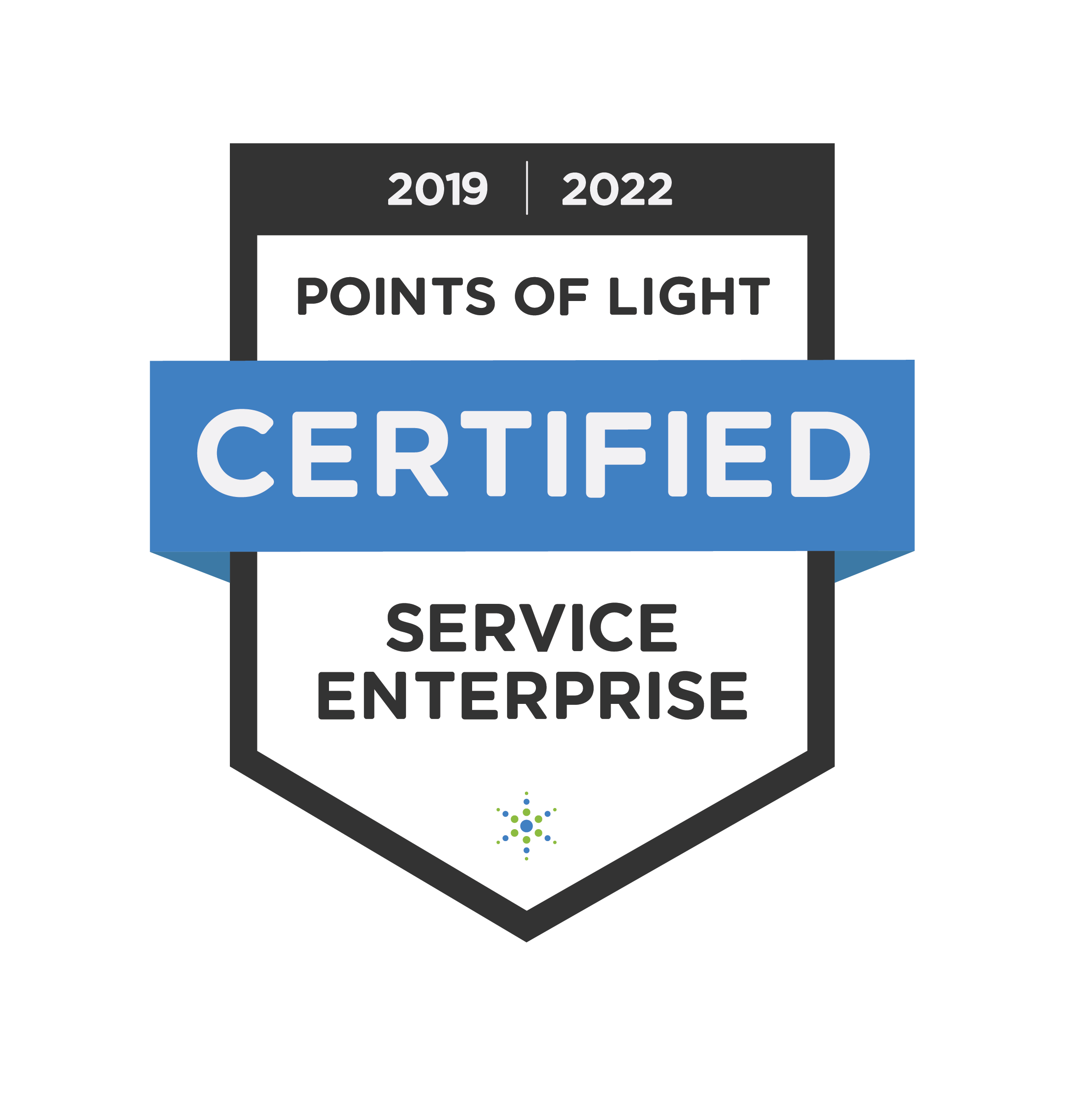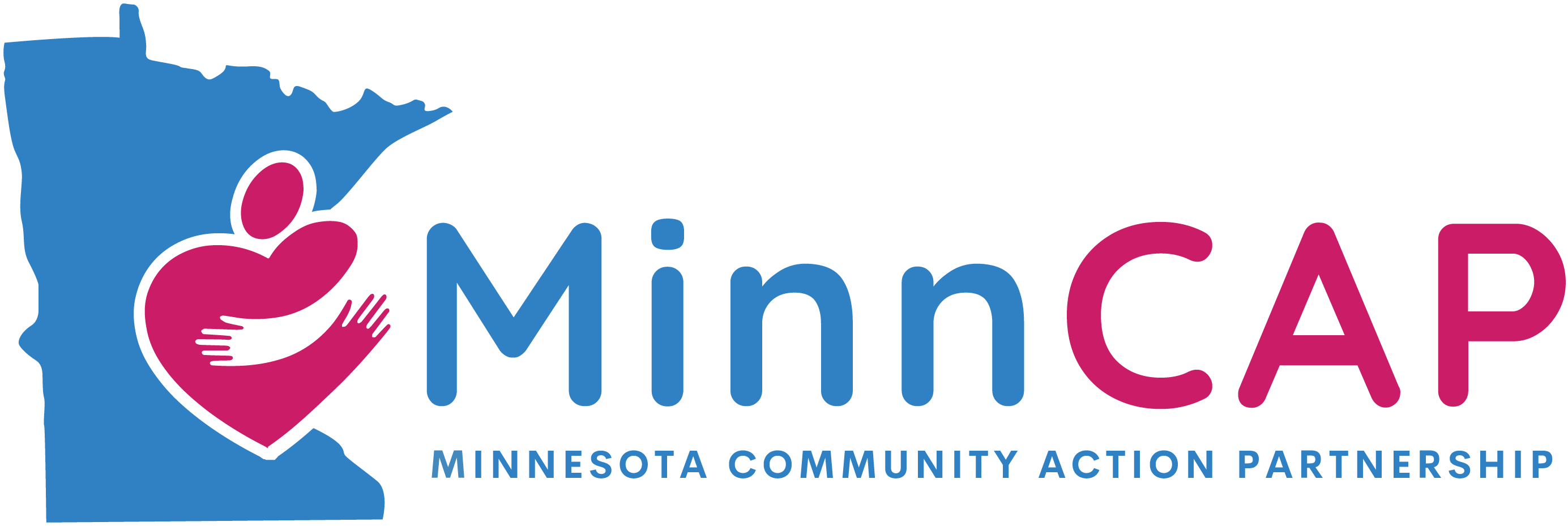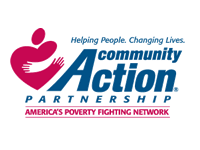January 31, 2019 | Vol. 6 No. 4
Young adults who struggle to make ends meet and are in precarious employment are at increased risk of death from heart attacks, strokes, or heart failure.
- Tony Whitfield
Income volatility presents a growing public health threat, especially when federal programs, which are meant to help absorb unpredictable income changes, are undergoing continuous changes, and mostly cuts.
- Tali Elfassy
There have been a multitude of reports in recent years about how poverty can negatively affect
the health of its victims. Whether it’s through the effects of environmental racism and classism, the lack of access to adequate nutrition and health care, the acute stressors that poverty causes, or any number of things — poverty is unequivocally among the greatest health threats in the world.
Today in the United States, approximately 40 million people fall below the federal poverty line, while an estimated 106 million Americans can be classified as economically insecure (meaning they are one minor mishap from joining the official ranks of the poor).
Also, as we know, people of color across the globe are more susceptible to the ill effects of both poverty and economic insecurity.
Perhaps, more often than not, when we think of the destructive impact that poverty has on one’s health, we envision images of children and/or seniors. It is true; they are both among our most vulnerable populations, particularly when considering socioeconomic status.
Still, the pain that poverty brings does not discriminate based on age, as evidenced in a new study published this month in the American Heart Association journal Circulation. The results are quite startling.
This longitudinal study, led by researchers Tali Elfassy and Samuel L. Swift, was designed to chronicle the cardiovascular health and related rates of mortality among young adults between the ages of 23 and 35 who experienced frequent “dips” in income. The research team followed nearly 4,000 individuals from four cities (Minneapolis, Chicago, Birmingham and Oakland) over a 15-year period (1990 to 2005). They continued to chart their cardiovascular outcomes for the next 10 years (until 2015).
The study revealed that young adults who faced “income volatility” (or multiple dips in income) during this period were twice as likely to die prematurely and at more than double the risk
to develop cardiovascular disease and experience related events such as heart attack or stroke
(as compared to those maintaining a stable or increasing income). As you might expect, these results disparately affected women and African Americans.
The authors of this study concede that there are other potential variables that may have contributed to heart disease, stroke, and premature death in these young people. Nonetheless, it is staggering to think that individuals between their 20s and 40s are suffering from — and in some cases dying from — these illnesses related at least in some part to their income insecurity.
This research simply reinforces the data from many other studies and even paints a broader picture as to how devastating poverty and inequity truly are in our society. It should also be noted
that this is not solely an American phenomenon. Recent studies focusing on income volatility in countries such as Sweden, India, Australia and the United Kingdom have yielded similar findings.
It shouldn’t be news to anyone that poverty wreaks havoc on the health of so many people, be it their physical, emotional or mental health. Gandhi called poverty “the worst form of violence.”
Moreover, poverty is the biggest killer on the planet, hands down. And just like poverty, economic insecurity and its effects can reach anyone, anywhere, regardless of race, gender, age or geography.
We must heed Dr. King’s call and develop “a sense of purpose, a proper sense of policy, and a proper sense of priorities.” Poverty impacts all of us. And for as long as we allow it to persist, it diminishes all of us as well.









